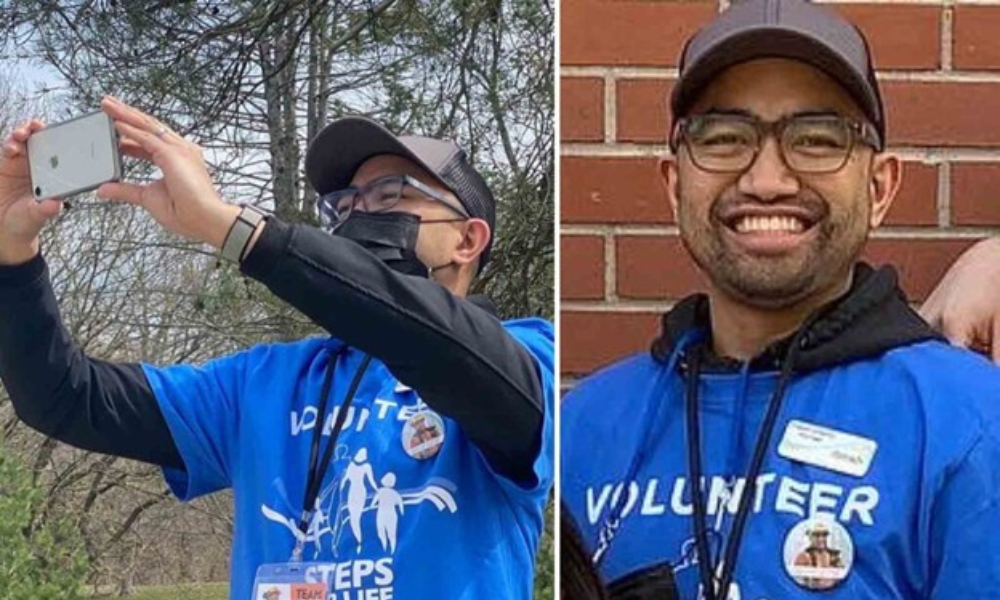Workers from low-income backgrounds highly affected, according to executive director of Injured Workers Clinic

Basing employee rates on the cost of compensation claims has a negative impact on employee safety, according to John McKinnon, Executive Director, Injured Workers Clinic (IWC).
Raising costs was an idea that emerged in the 1980s, he added. Citing an academic report, McKinnon says that initially there was the idea that financial penalties could positively impact safety culture. The theory was that: “If we want to promote safety in the workplace, we should charge the employers if they’re having injuries and having claims costs. Claims costs should be a good indicator of health and safety practices.”
So, he says, the thought was that we influence health and safety by raising penalties for those who have high claims costs or claims that exceed a certain amount and giving rebates to people whose claims costs were lower. Nevertheless, doing this didn’t seem to actually bring about changes in health and safety practices.
“What we did see was that this triggered employer behaviour that was undesirable,” says McKinnon.
For example, employers started hiring lawyers to oppose claims by injured workers in order to keep their claims costs down. In addition, there was an increase in claims suppression and employers finding various alternatives to reporting.
Part of the IWC’s mission has been to highlight this problem.
“Basing employee rates on the cost of allowed claims creates a great deal of problems for the injured workers involved and the research shows that it doesn’t have any real significant impact on health and safety practices,” says McKinnon.
There’s no gain, he says, and even a negative for injured workers – notably workers from lower income backgrounds.
Injured Workers Clinic
The IWC is a community legal aid clinic in Ontario.
In the province there are about 72 community legal aid clinics, each clinic is an independent non-profit organization with a community board of directors. They all receive funding from the Ontario Legal Aid plan which is funded through the Ministry of the Attorney General and the Ontario government.
All of these clinics provide services to low-income Ontarians. Not every clinic serves the same purpose, some clinics handle industrial accidents or health and safety.
The IWC specializes in worker’s compensation and under their provincial mandate they are able to assist an injured worker in Ontario.
“The idea of funding community legal clinics was formalized in the mid-1970s in Ontario based on the idea that the types of legal problems that people with low-income or no income run into are very different,” says John McKinnon, Executive Director, IWC.
Legal clinic services are provided free of charge to people who qualify financially.
The IWC was started in 1969 by an injured worker called Alan Baldwin who had run into major difficulties with the worker’s compensation system and decided to set up an organization that used volunteer law students to give people legal advice, but was also aimed at improving the system.
“We have a number of areas of focus,” says McKinnon, “individual representation, public legal education work, etc.”
The IWC works will injured worker organizations, community groups and organized labour (to the extent that they get involved in worker’s compensation issues.
“We try and identify systemic issues where the system could be improved,” says McKinnon.
McKinnon says that research shows that 45 per cent of injured workers with permanent impairments are unemployed three years after their injury:
“There’s a problem, there are consequences of the work injury that are not being adequately recognized or compensated,” he says. “We’ve put some of our efforts into trying to promote research in areas that are of importance to the injured worker community.
Recently, due to the pandemic, employers have been more and more concerned with worker’s compensation – notably for those suffering from long-haul COVID.
Nevertheless, the effects of COVID remain to be seen on claims, says McKinnon:
“In our clinic we tend not to get people showing up at our door until they’re well into the compensation system and in deep trouble […] We just don’t have those cases yet because they haven’t worked their way into the appeals system where people are looking for formal representation.”





